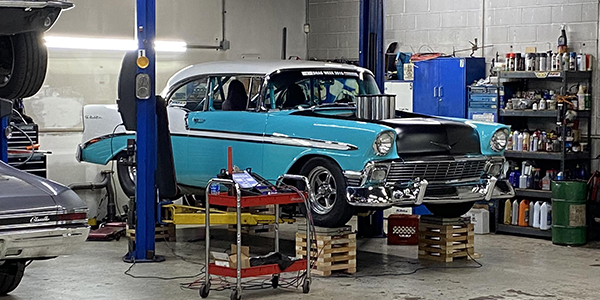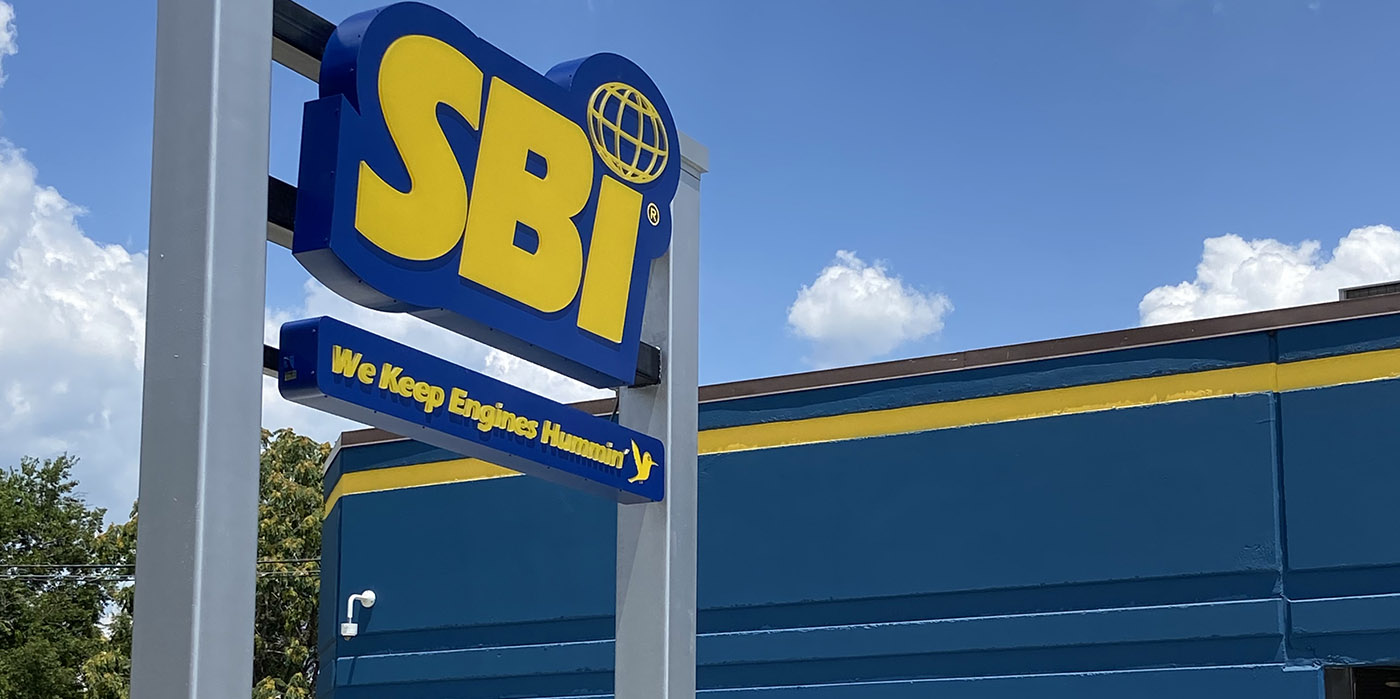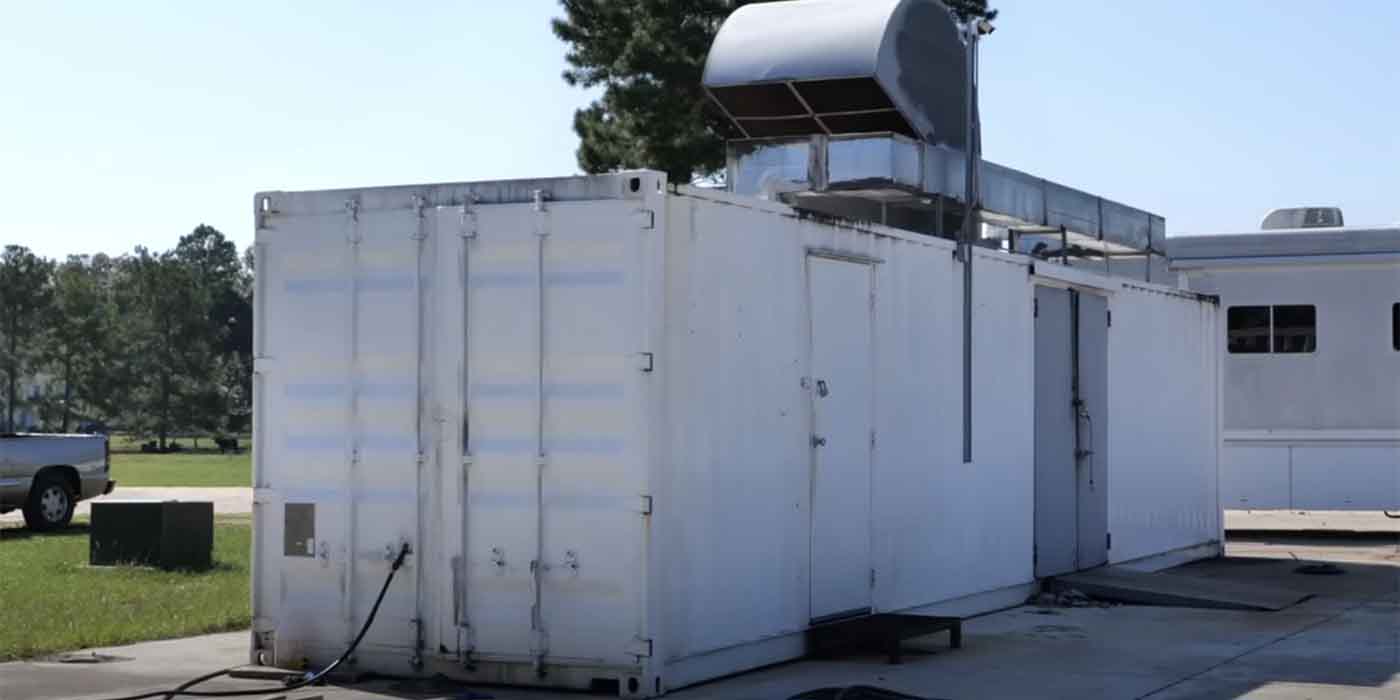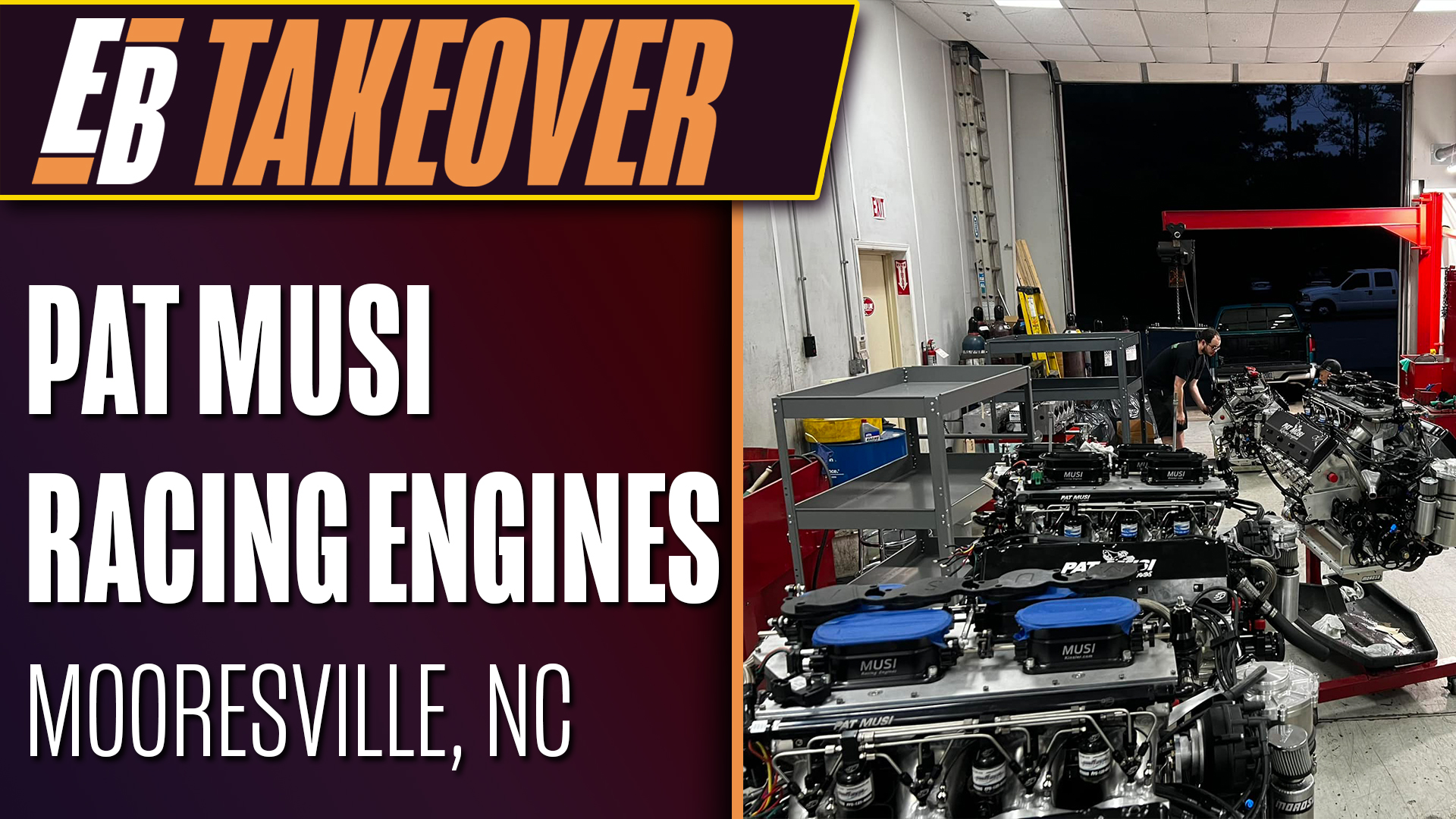This month’s column is for all those folks in automotive performance with a small business, as well as those looking to get into this segment of the industry. Automotive performance is this gray area that comes with risks and rewards as well as customers who don’t know what they don’t know. If you’re not careful, you can pay the price.
Conceptually, this is a dream job of building really badass stuff for people and it’s seemingly all exciting and positive. However, that’s not always the case. As an expert in automotive performance, you get a customer base that depends on you because they may not have the skills, knowledge, insight, or understanding required to accomplish whatever it is they want with their vehicle. For some of these people, you may represent the first experience they have with any form of performance work.
Despite being leaps and bounds above a “regular” technician, many customers will still relate to you as one. They’re going to shop around with no value for what you do unless you do really cool stuff that you know is unique and they know is unique. There are a couple aspects to performance work where you have to protect yourself from the customer, as anyone will try to take your work for granted.
I want to warn you of a couple massive pitfalls for a lot of shops – generating estimates and warranties on work. A lot of people relate our shops to places like Pep Boys or a regular automotive repair shop. They assume and expect that you’re going to know exactly what something’s going to cost, so when you articulate an estimate, print it out and give it to them, that’s what they think it’s going to ultimately be. Of course, with custom work, that estimate is never the end result.
I’ve had situations where I’ve been legally threatened by somebody based on an estimate to do work. I’ve had people refuse to pay for my labor or additional parts that weren’t initially quoted. People will also start complaining about the time it might take to complete a project. People will try to hold you accountable for stuff like that.
When it comes to estimates, you are not Pep Boys, so be careful how you approach that. If you try and generate an estimate for something custom – not just a basic cam swap where you know the parts and labor – but for turbos, superchargers, coolant lines and fluids, fuel systems or in-depth repairs – you have to be careful. You might have an idea of what things cost, but when you start stacking up those receipts against what you might have thought it would cost, you can get behind profitability really quick.
If you’re doing custom work, keep those receipts, because you’re going to get pushback. If you’re going to do custom work, you should never agree to any estimate. You should create an estimate, but get your customer to sign it, stating the total is a rough guess and costs will likely go up.
When it comes to custom stuff, it typically costs a lot more than we can just guess sitting in front of a computer clicking online and adding part numbers into a system. There’s going to be people who don’t want to pay for it. You’ve got to be strong and know your worth. Those were things that were missing for me, so I was getting ramrodded, railroaded, dominated into doing work and cutting labor costs, because the only flexible thing is the labor.
Today, when I do custom work, I don’t do anything on a fixed budget. I’m not going to be in a circumstance where somebody wants to hold me accountable based on their own personal financial limitations. If a customer agrees to do something, it is going to have a range of potential costs that we could try to project and guess to the best of our ability, but the customer better be prepared if costs build up to pay that stack of receipts, because it went into their car.
Many customers have no idea of the time it takes and all the costs that can accumulate, so I won’t ever work with hard budgets for custom work or view an estimate as a contract. It’s a tool for assessing anticipated costs and must be open-ended and they must have the financial ability and reserves for that. Just be ready to make it rain buddy!
People will also expect a warranty on performance work. The OEM manufacturer worth billions of dollars that insures the vehicle won’t even warranty this kind of work after its performed. You’re going to do something for these customers that voids their warranty and they think your shop is going to warranty a part that you’re not even responsible for manufacturing and eat that cost if something goes wrong.
If you (the customer) decide to modify your car, you assume the responsibility of any kind of potential failure that might arise out of increasing the probability of a failure because you modified something that didn’t need to be. But, being the guy who is now the instrument of somebody else’s choice to increase the risk of failures, you (the shop) will now also be held accountable for those failures.
Be prepared for somebody who does not understand anything about cars to blame you for anything and everything that might arise out of the work you performed, even if its unrelated. Some people will have an issue with their car that you did work on, and they’ll come back to you saying it didn’t do this before you did that. You’re stuck thinking these two things are completely unrelated, but to them it doesn’t matter and they don’t care. You have to protect yourself or you’ll be on the hook with customers like this.
Make sure your customers are fully aware of what they’re getting themselves into. Make sure they understand your estimate policy, the time and labor involved in custom performance work, and that most of the work being performed doesn’t come with a warranty. The automotive performance market is a gray area and it’s up to you to protect yourself and know your worth, because some people won’t appreciate it. EB





